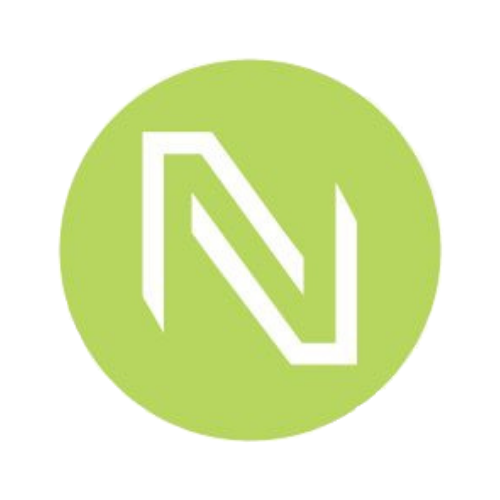The Google Mainfesto: Are You Really Surprised?
“Are you really surprised?,” was my first response to the Google Manifesto, the 10-page internal memo outed by Louise Matsakis, assistant editor at Motherboard. In case you missed it, a Google engineer wrote an internal company memo that “accused Google of silencing conservative political opinions and argued that biological differences play a role in the shortage of women in tech and leadership positions.” Click here for more on that.
My first question was, “How old is this ‘senior level’ engineer?" My guess was over 45 which would have been even less of a surprise BUT shock, he’s a 30-something-year-old. After listening to a few interviews featuring him and reading articles on both sides, my conclusion is though women have moved forward—particularly in the technology industry—there is still a lot of work to be done to have equal representation. Even though the recent Google incident seems like a step backward, as leaders let’s use this conversation and learn from it.
Just to give you a little background, my degree was in Liberal Arts with a communications major and business minor. Working in technical sales and then recruiting started by happenstance. While managing a store for a goldsmith in Ithaca, New York, (after raising my children to school age), I sold a diamond candidate to the president of a start-up. He said, “Your approach to selling this diamond is just what is needed in our company” and the rest is history. This was 1996 and at a time there were so few women in this industry we would practically hug as an introduction at a trade show.
This was before the dot com bust and the internet as we know it today—the technology stone age so to speak. Email was just starting to become a way of marketing and sharing information. Tech spec sheets and catalogs were all paper and mailed to prospects. As I remember it, the same assumptions in the “Google Manifesto” about “women not being fit for tech roles” were made about anyone who wasn’t an engineer or had an engineering degree. Some of the engineers made the same assumptions about other staff members whether they were men or women, but more so if you were a woman.
The sales and marketing team were big targets for jokes back then—male or female. Once in meeting after a merger with another company, a new sales manager (I believe he had an engineering degree) handed me a stack of papers to copy! My boss (the one that hired me) jumped right up and said, “I’ll make those copies!” It was the way but he wasn’t going to allow it to continue. Women were still getting coffee and making copies in certain roles but not on his watch. He gave me his support and secured my place on the team. In return it lead to my success, not only in the tech industry, but in the Digital Signal Parallel Processing industry where only the brightest of engineers rein.
Generalizations are just general statements about what someone "believes" to be true and can be a result of averages but not true fact. Realizing what you believe to be “the norm” in your life helps identify generalizations. Stereotypes and generalizations are made all the time. The first step is recognizing the problem then education and awareness go hand in hand in deciphering it.
Google’s decision to fire the senior engineer alarmed me at first. Why wouldn’t they want to educate him? As a recruiter, I have made the statement “you will be supplied with the most qualified individual regardless of his or HER personal background” numerous times to educate hiring managers of a bias. Both men and women! Not all managers are aware of the laws and the questions you can ask during the hiring process and why diversity is important.
The courts will decide if Google had the right to fire him but the discussions internally and externally will help educate many. Ask any woman in STEM. She undoubtedly has a story to tell of stereotypes and generalizations experienced in her career. Go ahead –ask and you will be educated on the real tech history for women.
Leadership is recognizing that people are different and bring varying beliefs, talents and personalities to the table. Having diversity at the table helps educate to make an informed decision. When recruiting, qualifications are the key to hiring but when leading and managing, understanding strengths and personality traits of the individual—not generalizations of a gender, race, belief, etc.—are what make a stronger team.
Seeing the problem, issue, product or program from all sides is the way to offer the best solution. Leading with an open mind (whether you have the title or not) is the way to a more equal and a diverse future.
So go get your education and ask a woman in tech what she thinks about this conversation and learn our history. Hopefully, it will help you be a better leader at work and in your everyday life.
